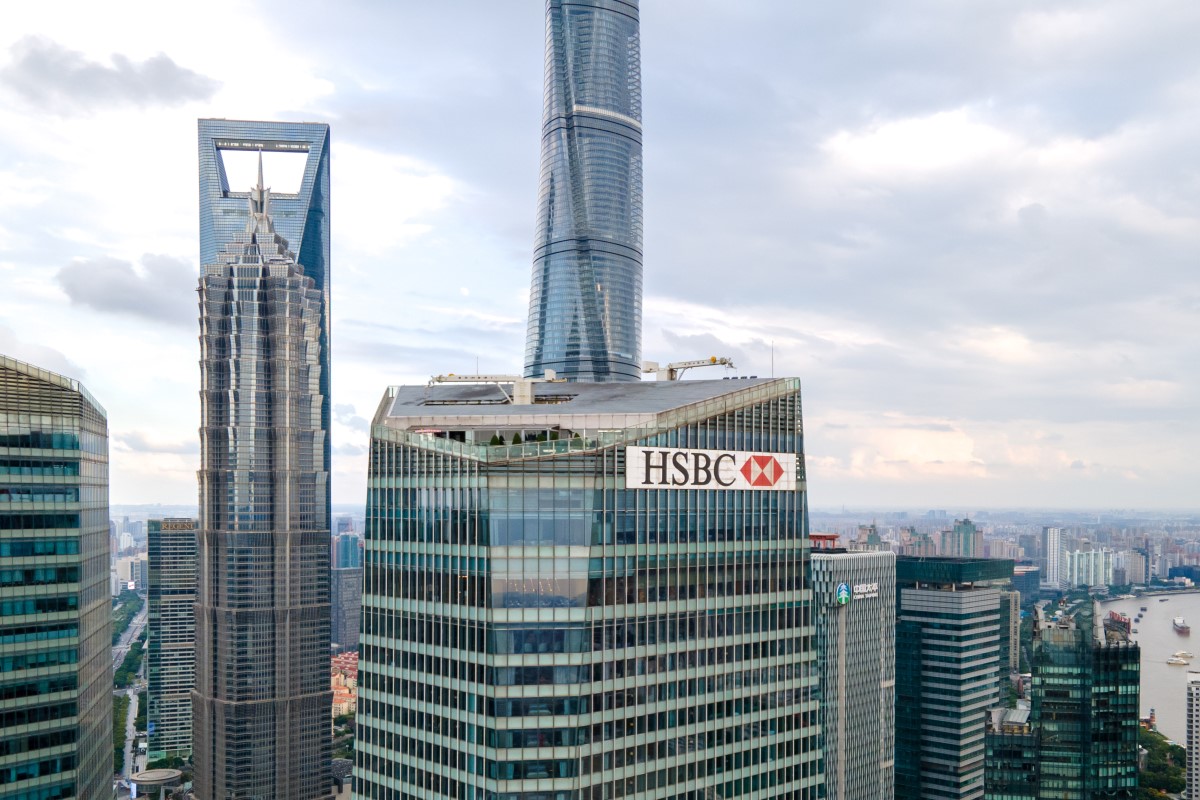One of Europe’s largest banks, HSBC, is facing a moment of truth as its largest shareholder Ping An wishes to spin off its Asia business to improve efficiency. China’s most valuable insurer is supporting the HSBC restructuring and has said that it will support any proposal to improve the performance of one of the world’s largest banks.
With an 8.2% stake in London-listed HSBC Holdings, Ping An has launched a campaign to reorganise the century-old lender which has the majority of its business in Asia. However, the management of HSBC has pushed back against the restructuring plan saying it will be a costly affair and carries risks. HSBC executives are instead doubling down on investments in Hong Kong in a pivot to Asia.
However, individual shareholders in Hong Kong have backed Ping An’s plan even as HSBC’s group CEO Noel Quinn tried to pacify minority shareholders in early August.
Issues with HSBC restructuring
Earlier in August, HSBC laid out 14 reasons it opposed the HSBC restructuring plan, saying that it would take three to five years to reshape its IT infrastructure and get additional approvals from regulators around the world. Ping An had also pitched adding one of its executives to the HSBC board, an idea that was rejected by the lender.
The HSBC restructuring plan of Ping An has given it a potential status of an activist investor, which the Chinese insurance giant has denied. “HSBC is one of the many investments we make from our insurance policyholder funds,” Ping An’s co-CEO Jessica Tan Sin-yin told South China Morning Post in an interview. “We therefore take every individual investment seriously because these are all policyholder funds to get good shareholder returns.”
More precisely, Ping An wants to spin off HSBC’s Asian business and distribute shares to its existing shareholders, potentially creating an additional value of $26.7 bn for investors. A second option is carving out HSBC’s Asian business which could have a potential upside of $12.2 bn and separating the Hong Kong retail business which may add $40.6 bn in value.
Ping An says separating HSBC’s Hong Kong operations from the less profitable global business will create additional value and release the lender from $8 bn in additional capital requirements imposed on the so-called global systematically important banks (G-SIBs).
The Chinese insurers have been pushing for HSBC restructuring since February this year, apparently frustrated by years of underperformance of its investments and cancellation of its dividend during the pandemic.
HSBC felt that a better-than-expected profit during the second quarter will alleviate the pressure of restructuring, but Ping An has said that the revenue growth is a by-product of a “phased, shortlived and uncontrollable interest rate hike cycle”, adding that HSBC’s “underperformance has not yet been fundamentally addressed and it is in urgent need of radical change.”
Among various reasons given by the management for countering the call for break up, a serious problem is that HSBC may lose its US dollar clearing license if it moved its Asian headquarters to Hong Kong. The bank is the only institution for dollar clearing in the city since 2000. However, Ping An has kept mute on this side effect of a possible HSBC restructuring.
While Ping An has doubled down on its plan to restructure HSBC, it has failed to garner support from other institutional shareholders, at least not publicly.


 Australia
Australia China
China India
India Indonesia
Indonesia Japan
Japan Malaysia
Malaysia Philippines
Philippines Singapore
Singapore South Korea
South Korea Taiwan
Taiwan Thailand
Thailand Vietnam
Vietnam







